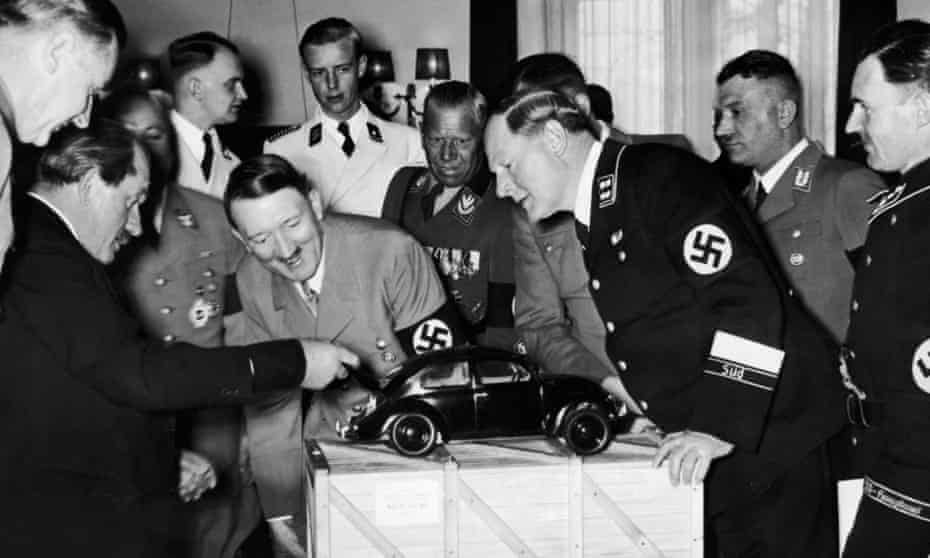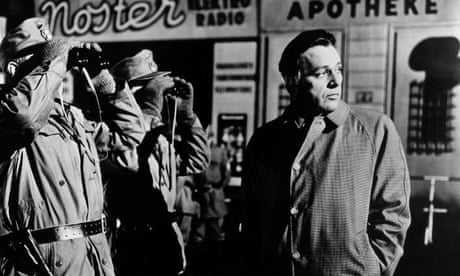

Election 2022 Oregon Governor Kotek
Democratic gubernatorial candidate Tina Kotek, left, and her wife Aimee Kotek Wilson smile while speaking to supporters before the results of Oregon's primary election are announced in Portland, Ore., Tuesday May 17, 2022. (AP Photo/Craig Mitchelldyer)
SARA CLINE
Mon, May 16, 2022, 10:37 PM·3 min read
PORTLAND, Ore. (AP) — Former Oregon House Speaker Tina Kotek on Tuesday won the Democratic gubernatorial primary, beating state Treasurer Tobias Read in a victory for the party’s progressive wing.
With current Gov. Kate Brown, a progressive Democrat, term limited the state's highest seat is up for grabs in the fall. Kotek, and the Republican who wins the gubernatorial primary, will be in a three-way race in November with Betsy Johnson, a former longtime Democratic state senator who is running as an independent. As a nonaffiliated candidate, Johnson does not need to run a primary race to make the fall ballot.
“I think it’s important to remember that all the Democrats in this race share a similar vision for what we want the state to be,” Kotek said in her victory speech, addressing a crowd of supporters in Portland on Tuesday night. “We’re all going to work together to make sure we win. That a Democrat — that I win in November, because frankly there is just too much at stake.”
The Portland-based Kotek, who led by a comfortable margin Tuesday, has collected endorsements from a third of Oregon lawmakers, nationally elected leaders, unions and organizations. But as someone who held power during a tumultuous time in Oregon, Kotek must convince voters she can improve the state while avoiding blame for its problems.
Kotek’s biggest challenger was Read, who was a state representative in Oregon for 10 years before being elected as treasurer. He had hoped to capitalize on voter unrest.
Jessica LaVigne, a spokesperson for Read's campaign, said the treasurer called Kotek to concede Tuesday night.
Kotek said in her speech that while Tuesday's victory is a night of celebration, Democrats will “have to roll up our sleeve and work really really hard” to win in November.
Oregon hasn’t seen a GOP governor in 35 years. But political experts say Republicans have an opening for victory amid widespread discontent in the state and a possible split in votes among the majority parties as the unaffiliated Johnson makes a gubernatorial run in the fall.
“This will be a three-way race for the highest office in our state. And this will be an election unlike any of us have ever seen," Kotek said Tuesday night.
Kotek, who wielded the House speaker’s gavel for a record nine years as the Democratic Party increased its power and pushed ambitious progressive agendas, described the Republican gubernatorial nominee and unaffiliated candidate Johnson as “conservatives."
Following the primary results, Johnson took to social media describing Kotek as “more Kate Brown than Kate Brown," a common comparison by opponents of the Democrat in hopes of tainting her with the current governor’s historically low approval ratings. As a nonaffiliated candidate, Johnson does not need to run a primary race to make the fall ballot.
“The biggest change Oregon can make this year is putting the people back in charge with an independent governor loyal only to Oregonians, not the political extremes,” Johnson tweeted.
The third candidate — the Republican nominee — in November's gubernatorial race has yet to be determined. The GOP primary remained close Tuesday night with former House Minority Leader Christine Drazan holding onto a lead over former Oregon Republican Party Chair Bob Tiernan.
Christopher McKnight Nichols, an associate professor of history at Oregon State University, described the GOP's chances of winning in the fall as “the best shot” the party has had in a long time.
Determining the results in close races could be delayed due to a new Oregon law, which allows mail-in ballots postmarked by Election Day to count if county elections offices receive them within a week of the election.
The change was made during Oregon’s 2021 Legislative Session. Under previous law, ballots were only counted if they were received by 8 p.m. on Election Day.
___
SARA CLINE
Mon, May 16, 2022, 10:37 PM·3 min read
PORTLAND, Ore. (AP) — Former Oregon House Speaker Tina Kotek on Tuesday won the Democratic gubernatorial primary, beating state Treasurer Tobias Read in a victory for the party’s progressive wing.
With current Gov. Kate Brown, a progressive Democrat, term limited the state's highest seat is up for grabs in the fall. Kotek, and the Republican who wins the gubernatorial primary, will be in a three-way race in November with Betsy Johnson, a former longtime Democratic state senator who is running as an independent. As a nonaffiliated candidate, Johnson does not need to run a primary race to make the fall ballot.
“I think it’s important to remember that all the Democrats in this race share a similar vision for what we want the state to be,” Kotek said in her victory speech, addressing a crowd of supporters in Portland on Tuesday night. “We’re all going to work together to make sure we win. That a Democrat — that I win in November, because frankly there is just too much at stake.”
The Portland-based Kotek, who led by a comfortable margin Tuesday, has collected endorsements from a third of Oregon lawmakers, nationally elected leaders, unions and organizations. But as someone who held power during a tumultuous time in Oregon, Kotek must convince voters she can improve the state while avoiding blame for its problems.
Kotek’s biggest challenger was Read, who was a state representative in Oregon for 10 years before being elected as treasurer. He had hoped to capitalize on voter unrest.
Jessica LaVigne, a spokesperson for Read's campaign, said the treasurer called Kotek to concede Tuesday night.
Kotek said in her speech that while Tuesday's victory is a night of celebration, Democrats will “have to roll up our sleeve and work really really hard” to win in November.
Oregon hasn’t seen a GOP governor in 35 years. But political experts say Republicans have an opening for victory amid widespread discontent in the state and a possible split in votes among the majority parties as the unaffiliated Johnson makes a gubernatorial run in the fall.
“This will be a three-way race for the highest office in our state. And this will be an election unlike any of us have ever seen," Kotek said Tuesday night.
Kotek, who wielded the House speaker’s gavel for a record nine years as the Democratic Party increased its power and pushed ambitious progressive agendas, described the Republican gubernatorial nominee and unaffiliated candidate Johnson as “conservatives."
Following the primary results, Johnson took to social media describing Kotek as “more Kate Brown than Kate Brown," a common comparison by opponents of the Democrat in hopes of tainting her with the current governor’s historically low approval ratings. As a nonaffiliated candidate, Johnson does not need to run a primary race to make the fall ballot.
“The biggest change Oregon can make this year is putting the people back in charge with an independent governor loyal only to Oregonians, not the political extremes,” Johnson tweeted.
The third candidate — the Republican nominee — in November's gubernatorial race has yet to be determined. The GOP primary remained close Tuesday night with former House Minority Leader Christine Drazan holding onto a lead over former Oregon Republican Party Chair Bob Tiernan.
Christopher McKnight Nichols, an associate professor of history at Oregon State University, described the GOP's chances of winning in the fall as “the best shot” the party has had in a long time.
Determining the results in close races could be delayed due to a new Oregon law, which allows mail-in ballots postmarked by Election Day to count if county elections offices receive them within a week of the election.
The change was made during Oregon’s 2021 Legislative Session. Under previous law, ballots were only counted if they were received by 8 p.m. on Election Day.
___










